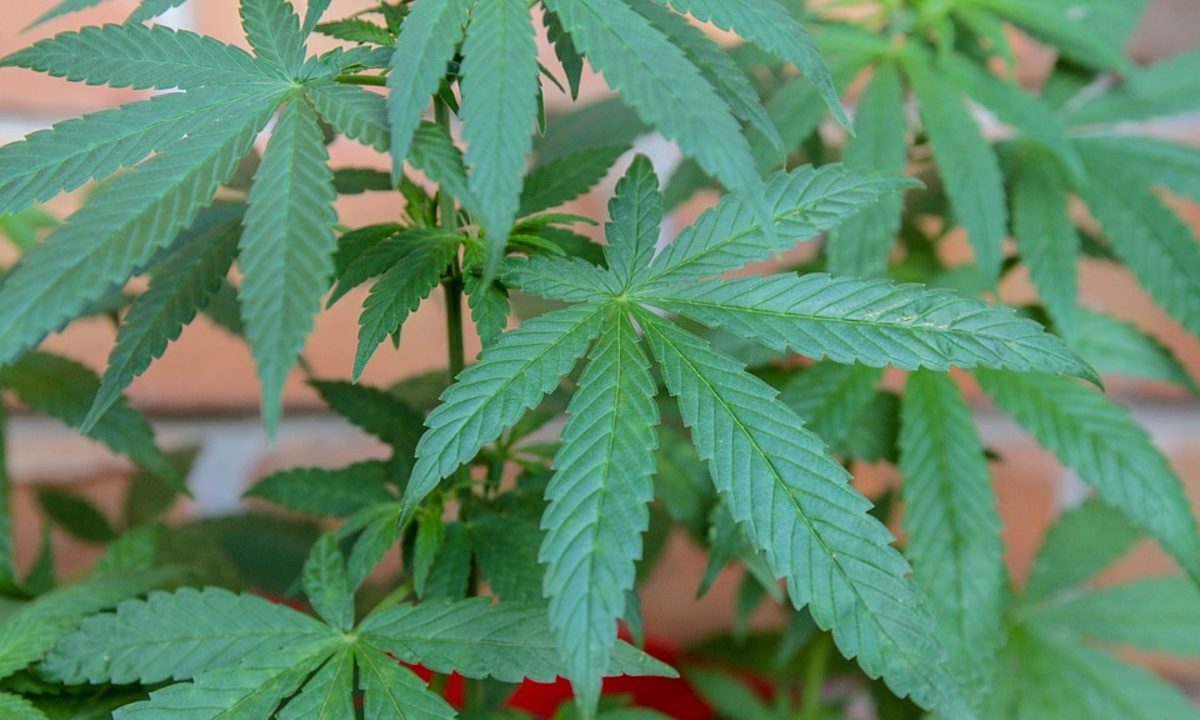
Marijuana business organizations have set a new lobbying record this year, according to a recent Open Secrets analysis. It comes after a federal cannabis banking bill passed the U.S. House of Representatives in September, supported by nearly all of California Congress members.
The cannabis industry spent $3.77 million so far this year, up from $2.76 for all of 2018. Most of the lobbying by the biggest spenders was conducted in support of H.R. 1595, which prohibits federal banking regulators from penalizing banks that offer services to “legitimate marijuana-related businesses.”
Since California’s legalization of recreational marijuana via Proposition 64, which went into effect in January 2018, numerous distributors have been setting up shop to sell the plant on store shelves across the state. However, most cannabis retailers in California have been operating with cash only, as banking institutions are prohibited from servicing them due to the classification of marijuana as a Schedule 1 narcotic at the federal level.
H.R. 1595 aims “to increase public safety by ensuring access to financial services to cannabis-related legitimate businesses and service providers and reducing the amount of cash at such businesses,” according to the text.
The legislation was introduced by Congressman Ed Perlmutter (D-Colo.) and passed in the House on Sept. 25 with a vote of 321-103, with 229 Democrats voting in favor and 1 opposed, while 91 Republicans voted in favor and 102 opposed. Of the California delegation, all 46 Democrats and 4 of the 7 Republicans voted in favor, including Minority Leader Kevin McCarthy, Devin Nunes, Duncan Hunter, and Tom McClintock.
In California, only 873 cannabis are licensed, according to the Bureau of Cannabis Control. Meanwhile, an audit conducted by the United Cannabis Business Association found that roughly 2,835 cannabis dispensaries and delivery services were operating without a license. This is largely attributed to the dispensaries attempting to avoid state and municipal taxes and regulations.
The issue of cash-only businesses that avoid paying taxes in the state are the main point of concern for both Republican and Democrat legislators that back the legislation.
“California’s not making it easy for business to join the regulated market,” Assemblyman Tom Lackey (R-Palmdale) told the Los Angeles Times. “Right now, there’s more incentive to be an illegal dispensary than a licensed dispensary.”
Some banks, however, have begun bucking the federal government and have begun servicing cannabis distributors. As many as 35 banks and credit unions in Colorado, the first state to legalize marijuana, have been offering services to the industry, but are being secretive about the practice, according to the Colorado Bankers Association. They try to keep under the radar by limiting the number of customers they take and mandating nondisclosure agreements.
Meanwhile, Senate Majority Leader Mitch McConnell, who has been an opponent of loosening federal restrictions on marijuana, met with cannabis industry executives in California this month to discuss the possible future of banking for the cannabis industry, according to Market Watch.
One of these meetings reportedly took place in the affluent city of Newport Beach, where the majority leader scheduled meetings with cannabis executives and a tour of a cannabis-affiliated business.
Regardless of whether the Republican-controlled Senate and President Trump back H.R. 1595, the overwhelming majority of California municipalities are still reluctant to allow cannabis distributors to operate in their jurisdictions, severely limiting the reach of the industry. Only 89 of the 482 cities in California, around 20%, allow shops to sell recreational cannabis.
H.R. 1525 has been referred to the Senate Committee on Banking, Housing and Urban Affairs and could be voted on before the end of the year.
Eleven states, Washington D.C., the Northern Mariana Islands, and Guam have legalized recreational marijuana, while 33 states have some form of medicinal marijuana program.